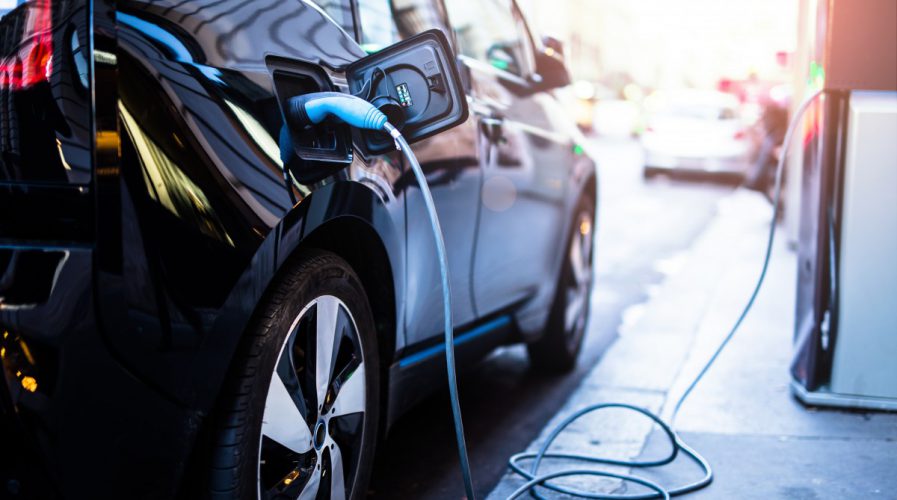
Indonesia courting Tesla – are Indonesian EVs on the horizon?Source: Shutterstock
Indonesia courting Tesla – the new EV archipelago on the horizon?
- Indonesia is a major producer of nickel, which is a key component in EV batteries and is seeking to develop a full supply chain
- The largest country in Southeast Asia is also in talks with EV maker Tesla about a potential investment
A year on after the Indonesian government announced radical new policies to boost the country’s prospects as a hub for electric vehicle (EV) manufacturing, reports indicate that Tesla is eyeing the nickel-rich country for its next factory.
The American electric vehicle and clean energy company were said to be laying down plans to build a dedicated battery factory in Indonesia. The update was related by Indonesian officials who pointed to ongoing talks with the electric car maker.
It’s important to note that Indonesia has been keen to develop a full supply chain of nickel at home, especially for extracting battery chemicals, making batteries, and eventually building EVs. It has even stopped exports of unprocessed nickel ore to support investment in its domestic industries.
The republic had secured a deal for a lithium battery plant to be developed by South Korea’s LG Chem and China’s Contemporary Amperex Technology Ltd (CATL).
Lately, Tesla’s Elon Musk has been calling for more mines to meet the demand for electrification amid the buzz in the nickel market over the last two years, driven by the hype surrounding EVs.
Spurring mass adoption of EVs in Indonesia
Last year, Indonesia passed a number of incentives for electric car drivers and manufacturers, designed to help the country compete with Singapore and Thailand as hubs for EVs in Asia in both adoption and manufacturing.
The measures include changes to taxing vehicles based on fuel consumption and carbon emissions (rather than type and engine size currently) and rules that require 80% of car parts to be locally manufactured by 2029.
In September this year, Indonesia’s financial services authority eased lending rules for car buyers who purchase EVs in the country. According to Reuters, the move – which is aimed at encouraging the adoption of electric vehicles – will also be extended to business loans linked to EVs as a means to increase investment in the sector.
Aside from easing lending rules, the country’s central bank, Bank Indonesia, also announced during its last policy meeting to remove loan downpayment requirements for purchases of environmentally-friendly vehicles for lenders with low non-performing ratio levels.
Market experts reckon that the real game-changer will be in the development of an electric charging infrastructure that can support millions of new vehicles – given that the country has a population totaling around 260 million individuals.
In a statement to the media on Monday, Minister of Industry (Menperin) Agus Gumiwang stated that discussions with Tesla are indeed underway for a potential battery factory in Batang. “Ongoing discussion, in the direction is Batang, Central Java.”
The location is currently being developed by the country into an expansive industrial area. Coordinating Minister for Maritime Affairs and Investment, General TNI (Purn) Luhut Binsar Pandjaitan also hinted last month after receiving a call from Tesla on their interest in building a lithium battery factory in Indonesia.
Besides Tesla’s rumored plans, several carmakers and companies have expressed their interest in building EV plants in Indonesia. Toyota last year said, that it would commit 28.3 trillion rupiahs to develop electrified vehicles in Indonesia over the next four years, starting with hybrid vehicles.
In June this year, Hyundai and LG Chemical revealed that they are working on setting up a battery plant in the country, with plans to utilize the facility as a hub to target the future electric car market in Southeast Asia.
READ MORE
- Strategies for Democratizing GenAI
- The criticality of endpoint management in cybersecurity and operations
- Ethical AI: The renewed importance of safeguarding data and customer privacy in Generative AI applications
- How Japan balances AI-driven opportunities with cybersecurity needs
- Deploying SASE: Benchmarking your approach
